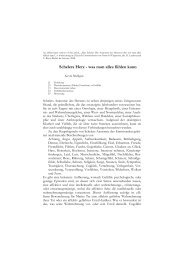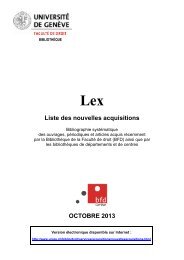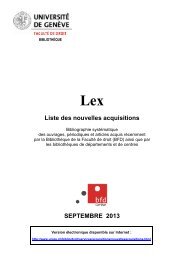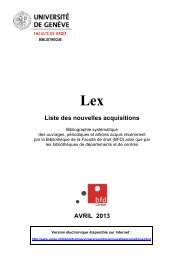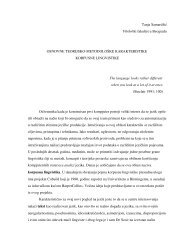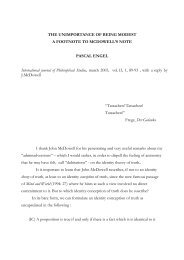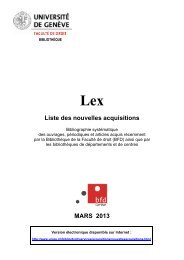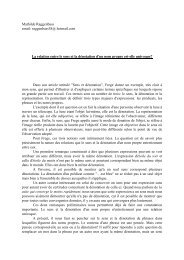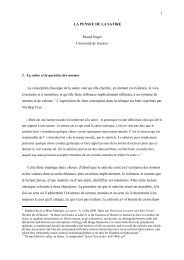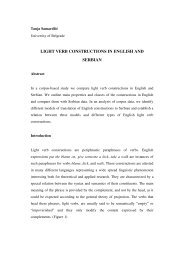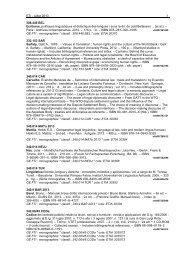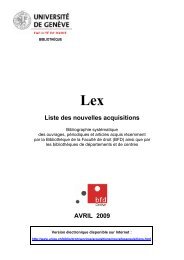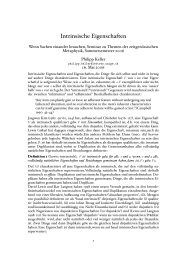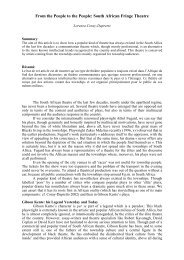Translational Research - Université de Genève
Translational Research - Université de Genève
Translational Research - Université de Genève
Create successful ePaper yourself
Turn your PDF publications into a flip-book with our unique Google optimized e-Paper software.
HUG – Geneva University Hospitals<br />
FMH – Swiss Medical Association<br />
SNSF – Swiss National Science Foundation<br />
Microbiology at the Medical Faculty of the University of Geneva<br />
Microbes have always accompanied human beings either by positively influencing our health<br />
through stimulation of the immune system and providing essential nutrients, such as certain<br />
vitamins, or by causing various diseases. Although several diseases can now be treated<br />
effectively or are even on the point of being eradicated, some infectious pathogens persist or<br />
reappear in the headlines and new emergent diseases threaten our health. The rapid<br />
<strong>de</strong>velopment of medicine has increased our life expectancy and quality of life consi<strong>de</strong>rably.<br />
However, some of the treatments themselves, together with an aging population, constitute<br />
new challenges as patients become more susceptible to infections. Global trends such as rapid,<br />
mass long-distance travel and climate change greatly influence the steadily changing picture<br />
of infectious diseases. Moreover, the appearance of multi- and fully-resistant pathogens poses<br />
serious challenges to treatment and is of particular concern in long-lasting persistent infections<br />
which represent a heavy bur<strong>de</strong>n to the individual and society.<br />
It is for these reasons that research in microbiology at the Faculty of Medicine of the University<br />
of Geneva is very broad, ranging from basic to clinical research and diagnostics. The<br />
microorganisms studied in the different contexts are very diverse; several different bacteria,<br />
eight classes of viruses, two apicomplexa parasites and yeast, are actively studied from<br />
different perspectives. Inherent to this diversity is a wi<strong>de</strong> range of approaches from classical<br />
genetics to molecular techniques including state-of-the-art nucleic acid analysis, proteomics,<br />
and imaging. Taking advantage of the medical environment, research in microbiology with a<br />
strong translational component is intrinsically linked to immunology and pathology, other<br />
strong research directions at our Faculty.<br />
Prof. Patrick Lin<strong>de</strong>r<br />
Vice-Presi<strong>de</strong>nt of the Fundamental Medicine Section<br />
<strong>Université</strong> <strong>de</strong> <strong>Genève</strong> • Faculté <strong>de</strong> mé<strong>de</strong>cine<br />
3



